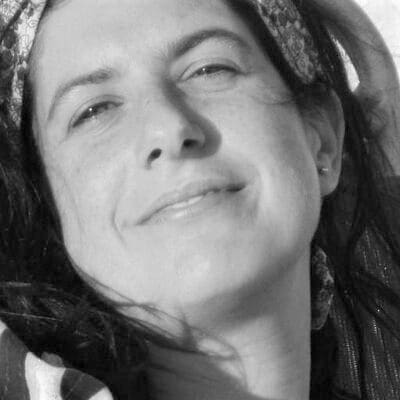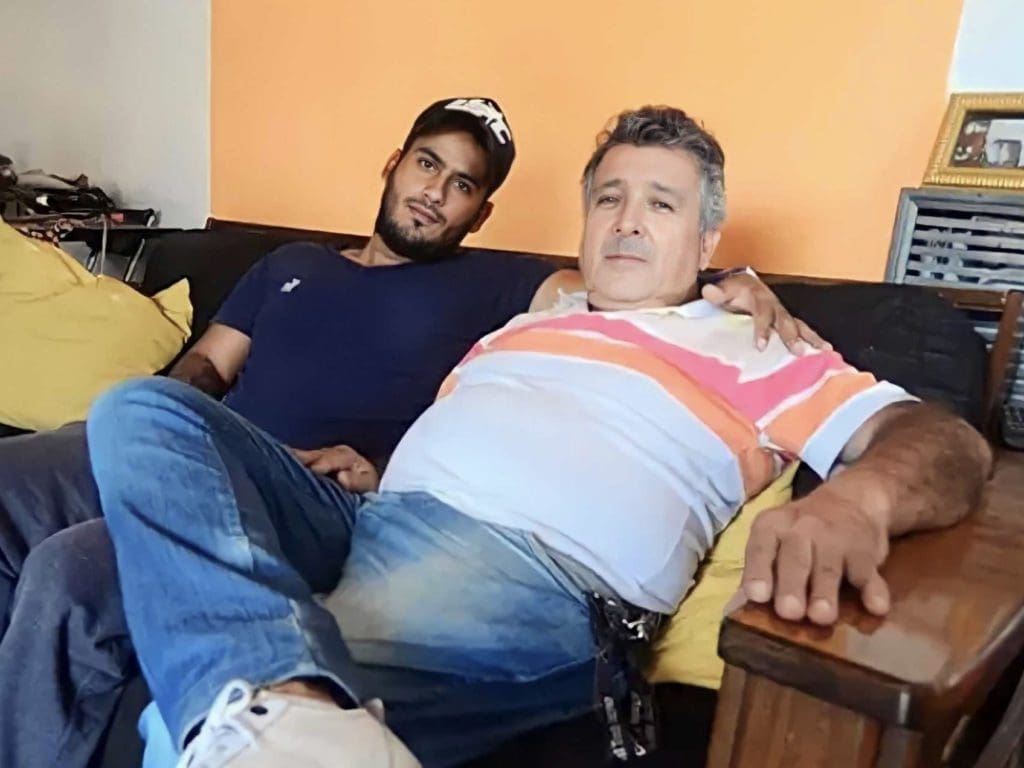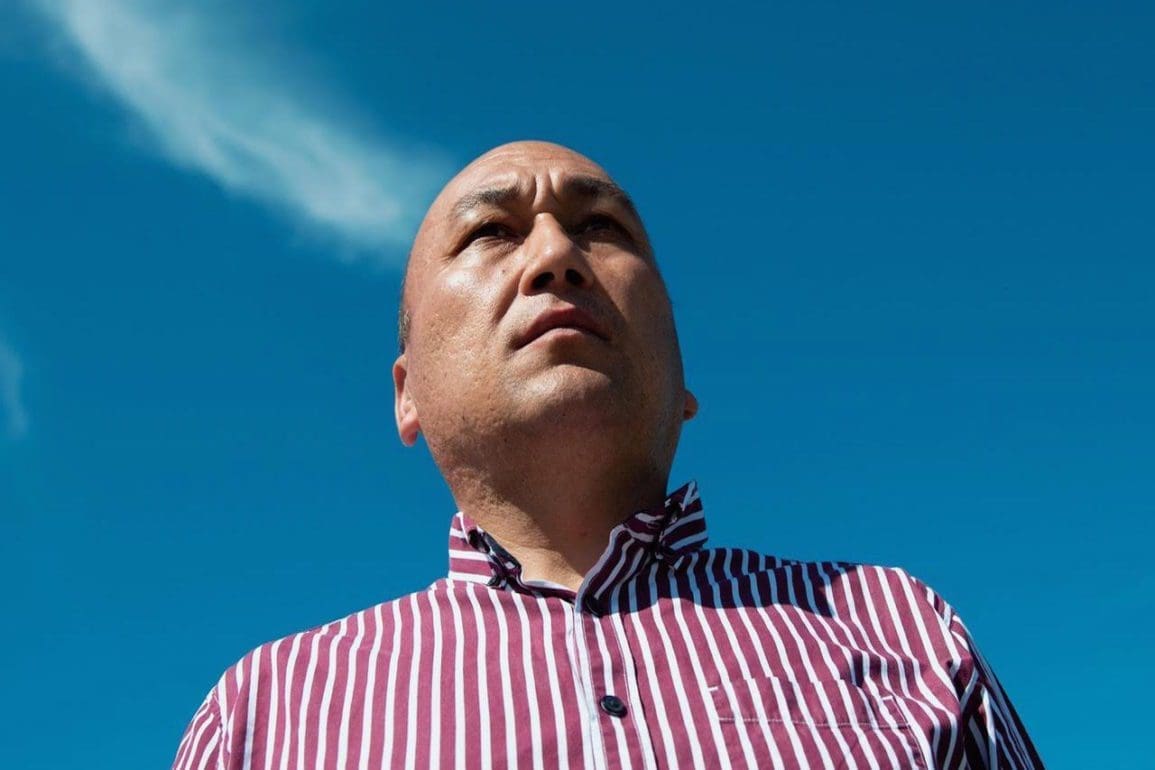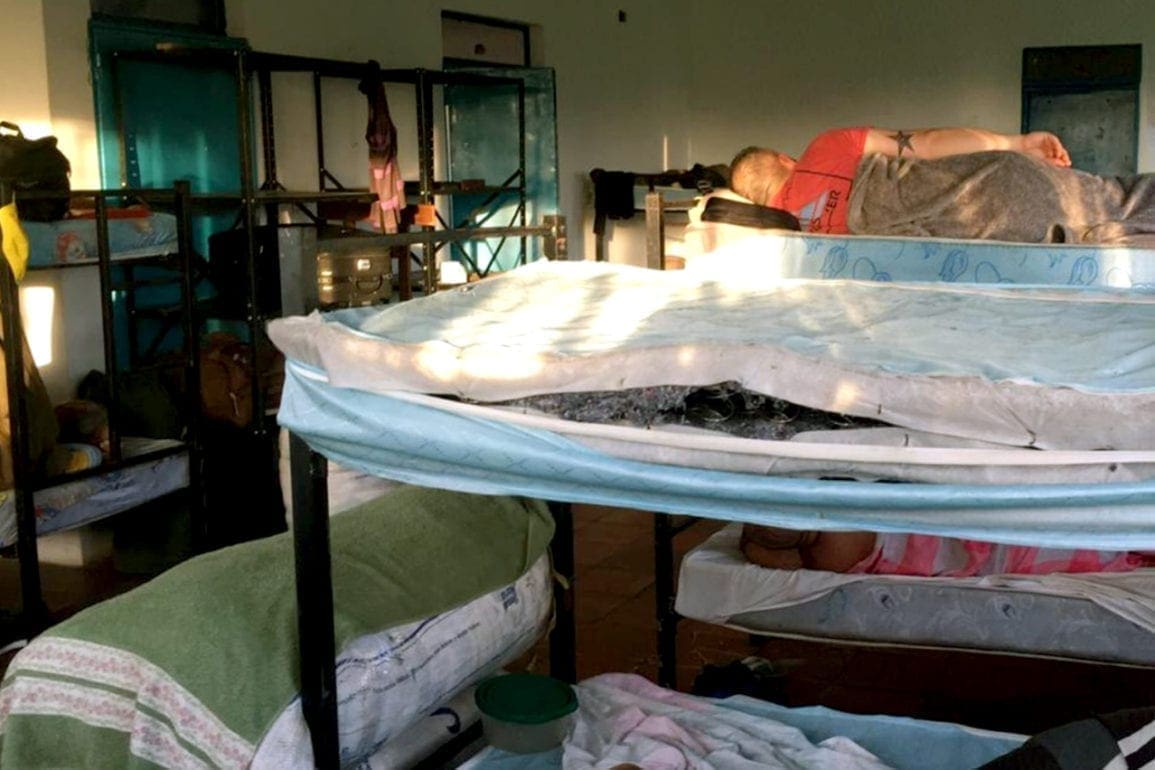He opened his house to a homeless man and it changed their lives: Argentina facing skyrocketing homelessness
I prepared the sofa bed for him to sleep on, assuring him he could stay as long as he wanted. The expression on his face as he covered himself and finally rested his head felt indescribable. Whenever I pass by the living room and find him sleeping, I gently tuck him in, just like I used to for my son.
- 1 year ago
June 6, 2023
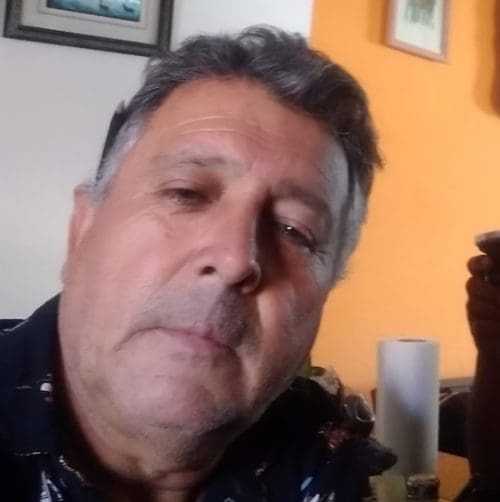
NEUQUÉN, Argentina — As I drove in my taxi, I spotted a group of police officers attempting to apprehend a man for sleeping on the streets. As I looked more closely, I recognized Juan. I had met Juan previously, living in a bus terminal. Immediately after meeting him, a sense of brotherhood emerged, having lived through hardships in my own life. I did not know at that time that meeting Juan would change my life forever.
Seeing the police officers apprehend him, I refused to idly stand by. I felt an urge to intervene and protect him. The officers cornered him against a wall as his body trembled in fear. Due to his disability, he struggled stand up and they interpreted his behavior as noncompliance.
I ran up to them and implored the officers to leave Juan alone, assuring them that he posed no threat. It seemed that, in their eyes, he was merely a beggar. Without a second thought, I extended an invitation to Juan to stay in my home.
Read more stories from Argentina at Orato World Media
My early years set the stage for my empathy and resilience
I grew up in the countryside of Las Lajas. My small hometown in the province of Neuquén proved more than a geographical backdrop. It was the crucible of my upbringing and a testament to the struggles my mother and I endured. My memories of youth stir an overwhelming mix of emotions, sending tears streaming down my face with each recollection.
As a child, challenges surrounded me. I left school in the seventh grade barely able to read and write. The streets became my teacher. I began working at 14 years old in a bar, tidying the restrooms and tending to the counters and kitchen. My boss became like a father, constantly encouraging me. He pointed out my curiosity and boldness and said these things guaranteed me a bright future.
With each passing day, he added to my responsibilities until I became a waiter. With its framed photos of bullfighters and its rustic interior, my workplace felt like home. The day I decided to move on, my boss and I stood silently at the empty bar, embracing one another. We recalled old memories and the jokes we shared. In his parting words, he said, “We will always walk alongside one another. Carry yourself with dignity.” Those words stayed with me forever. While my difficulties growing up followed me into adulthood, and I struggled trying to find purpose and meaning, I always pressed on in my quest. Eventually, I began working as a cab driver.
Juan entered my life and purpose emerged
The day I saw Juan living in the bus terminal, he slept sitting up. His disability was obvious. I could see he had trouble moving his leg. One day, I fashioned a makeshift mattress from cardboard to shield him from the cold ground. I brought him warm coffee and draped him in layers.
After rescuing Juan from the police, I looked him in the eyes and said, “You deserve a hot shower, food, and a safe place to sleep.” I told him that my own struggles compelled me to want to help him. Juan accepted my offer instantly. That very night, he became a cherished friend. At just 30 years old, our heartfelt conversations revealed the tragedies he endured. A devastating accident robbed him of his one-year-old daughter and left him with deep physical and emotional scars. As he struggled to survive, he carried a bag full of all his remaining possessions – clothes, a wallet, and his identification card. When someone robbed him, he was left with nothing.
He wandered through the provinces of Argentina, landing in Neuquén. Despite his efforts toward stability, he struggled to pay rent and ended up on the streets. Juan told me he became so accustomed to living this way, he no longer felt the cold. A sadness invaded me, but I also felt joy extending an invitation for him to come to my home. “Nobody ever did anything like this for me,” he said. His pain resonated with me on such a deep level, we cried together as we stood there. Something changed in both of us. I assured Juan, right then and there, we would walk forward together.
We shared our dreams for the future and promised to always be there for each other
I prepared the sofa bed for him to sleep on, assuring him he could stay as long as he wanted. The expression on his face as he covered himself and finally rested his head felt indescribable. Whenever I pass by the living room and find him sleeping, I gently tuck him in, just like I used to for my son. In the mornings, we eat breakfast together and talk of our past adventures. I feel so happy to have him around and extend my home to him.
Recently, I played a crucial role in reuniting Juan with his parents and gradually, their relationship developed. Juan seems so much happier these days, full of hope. Each morning, he wakes up and goes out to sell things on the street. He says he aspires to achieve independence in the future, and I wholeheartedly support his ambitions any way I can. Sometimes, he takes my hand and shares his dreams with me.
He calls me dad as an affectionate gesture and tells me of his plans to live in Spain someday. For years, he has dreamed of living there, and he finally feels free to dream again. I assured him that I will always be there for him. It truly feels like we adopted each other. We found each other during moments in our lives where we so desperately needed someone. I also refer to him as my son now. Our bond is built on an unspoken agreement and a heartfelt commitment.
[Facing an inflationary crisis, the homelessness population in Argentina has skyrocketed and the Jorge Newbery International Airport has become an unofficial homeless shelter, much like the bus terminal where Marcelo found Juan sleeping. With an estimated 10 percent of the population homeless, organizations like the Borgen Project and Habitat for Humanity provide ways to help.]
